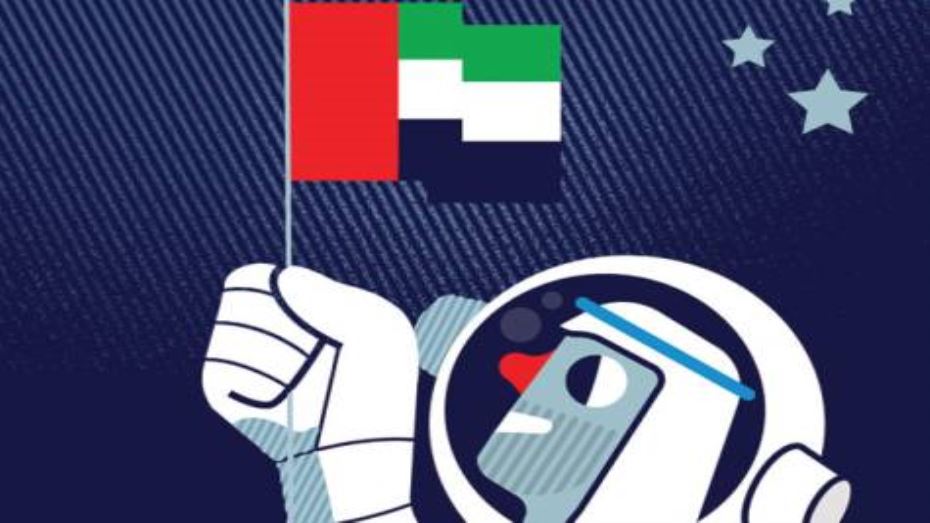Today the United Arab Emirates is at the height of its space activity and ambition, as demonstrated by its participation in the United Nations Conference on Space Exploration (UNISPACE +50) in Vienna, where H.E. Dr. Ahmed Bahloul, Minister of State for Higher Education and Advanced Skills, highlighted UAE activities aimed at achieving sustainable development through its scientific and space efforts. The participation came just days after the official announcement of the signing of an agreement with the Russian Space Agency (Roscosmos). The agreement confirmed Roscosmos will receive the first Emirati astronaut on April 5 and will participate in a scientific research tour conducted by Russian Soyuz MS12 spacecraft. The Emirati astronaut will visit the International Space Station as part of a 10 day mission with the Russian team.
The UAE astronauts, Hazza Al Mansouri and Sultan Al Nayadi, have been chosen for this mission through the UAE's astronaut program. This contribution is part of a series of activities that supports the UAE youth presence in international space activities. Alia Al Mansouri is another youth to benefit from these activities; she was a winner of the 2017 Global Space Congress Competition for her project, Genes in Space. The 14-year-old student Alia presented an ambitious space experiment to protect astronauts from cell death during their space missions. This experiment won the attention of the jury. Alia then traveled to the International Space Station in Florida, America, to witness the launch of rocket (Falcon 9), which carried her winning experiment.
The UAE Space Ambition
When the UAE announced the start of its space mission on the ground several years ago, there were many speculations about the country's ability to succeed in this huge project. However, the news stories that followed subsequently confirm the UAE's determination to continue this project, led by the wise leadership represented by His Highness Sheikh Khalifa bin Zayed Al Nahyan, President of the UAE, His Highness Sheikh Mohammed bin Rashid Al Maktoum, Vice President and Prime Minister of the UAE and Ruler of Dubai and His Highness Sheikh Mohammed bin Zayed Al Nahyan, Crown Prince of Abu Dhabi and Deputy Supreme Commander of the armed forces, according to ambitious aspirations which were laid down by Sheikh Zayed bin Sultan Al Nahyan, may God rest his soul.
The UAE demonstrated its commitment to space exploration in 2014 when it launched its space agency, which oversees the UAE's outer space programs. The country then announced its intention to launch the Emirati Mars probe "Probe of Hope" that will complete a nine-month exploration mission to Mars in 2021, the year the UAE celebrates its fiftieth anniversary. By fulfilling these ambitious targets, the UAE will be the first Arab and Islamic country in the world to lead space programs, and one of nine countries around the world carrying outer space activities and programs to Mars.
The Hope Probe
Earlier last year, the final architectural designs of the Hope Probe were unveiled at the World Gouvernements Summit in Dubai in February 2018, which also discussed the details of the UAE plan to create the first human settlement on Mars by 2117. Thus, the UAE has begun to prove itself in the field of space exploration, by relying on knowledge and investing in the energy of its youth, who will undoubtedly be up for the challenge and will contribute to shaping the future of space.
